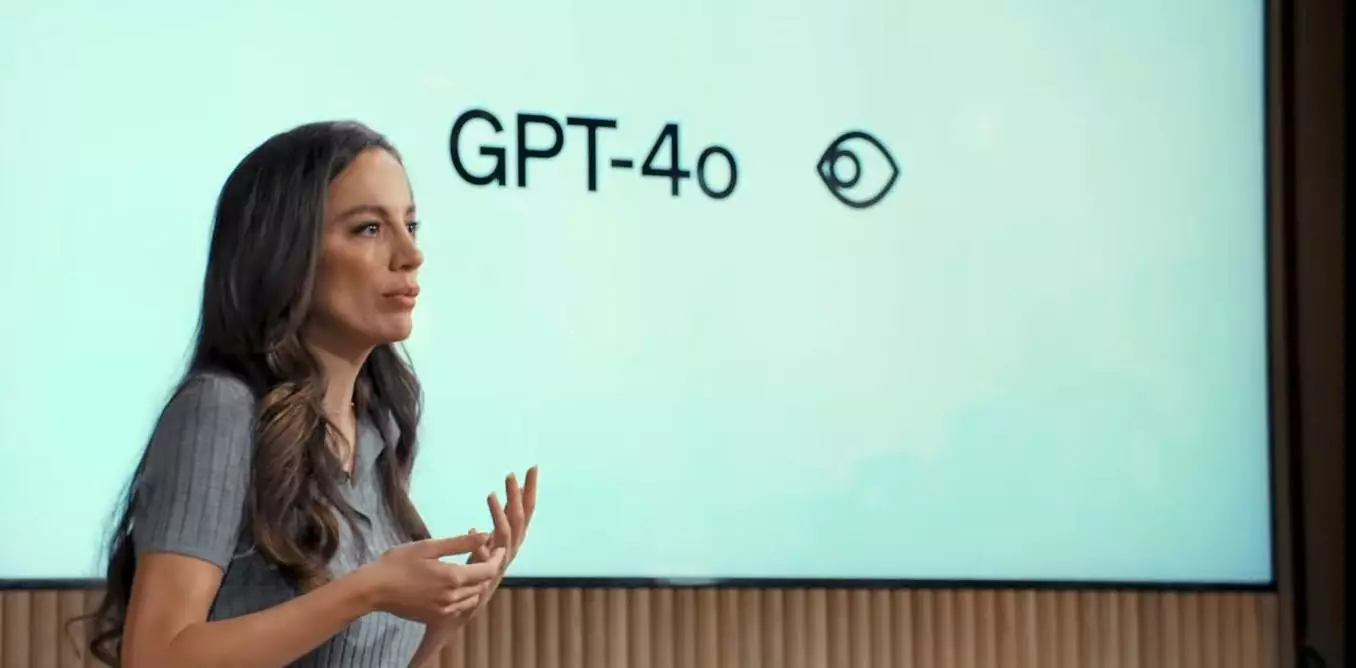The recent launch of GPT-4o by OpenAI marks a significant advancement in the realm of artificial intelligence. This new iteration of the AI system powering ChatGPT promises a more natural and engaging experience for users. With the ability to engage in voice conversations in near real-time and exhibit human-like personality traits, GPT-4o sets a new standard for conversational AI.
While the emphasis on personality in GPT-4o may enhance user engagement, it also raises important ethical questions. The AI’s ability to mimic human emotions and behaviors has the potential to blur the lines between the real and the virtual, much like the scenario depicted in the movie “Her.” Users may develop deep emotional attachments to AI systems, leading to over-reliance and potential harm. As AI technologies become more sophisticated, the need for ethical guidelines to govern their development and use becomes increasingly pressing.
GPT-4o’s ability to work across text, images, audio, and video sets it apart as a truly multimodal AI system. By incorporating visual memory and interactive capabilities, GPT-4o represents a significant leap forward in AI development. This trend towards multimodal models is essential for creating AI systems that can effectively understand and interact with the world around them.
However, some critics argue that the improvements in GPT-4o’s text capabilities are only incremental compared to its predecessors and competitors. The rapid pace of AI model development raises questions about the sustainability of building ever-larger and more sophisticated models. Will major AI labs be able to maintain this pace of improvement, or are we reaching the limits of what current technology can achieve?
One significant aspect of GPT-4o’s launch is its availability to all users in the free version of ChatGPT, subject to certain usage limits. This democratization of AI technology ensures that millions of users worldwide have access to a more powerful AI system. The impact of this accessibility on various fields, such as work and education, remains to be seen, but the potential for positive change is significant.
The unveiling of GPT-4o represents a significant milestone in the development of conversational AI. While the technology holds great promise for enhancing user engagement and expanding the capabilities of AI systems, it also raises important ethical considerations. As we move towards a more multimodal and interactive AI future, it is essential that we continue to prioritize the responsible development and deployment of these technologies. Only by carefully considering the implications of AI advancements can we ensure that they align with public values and priorities.


Leave a Reply